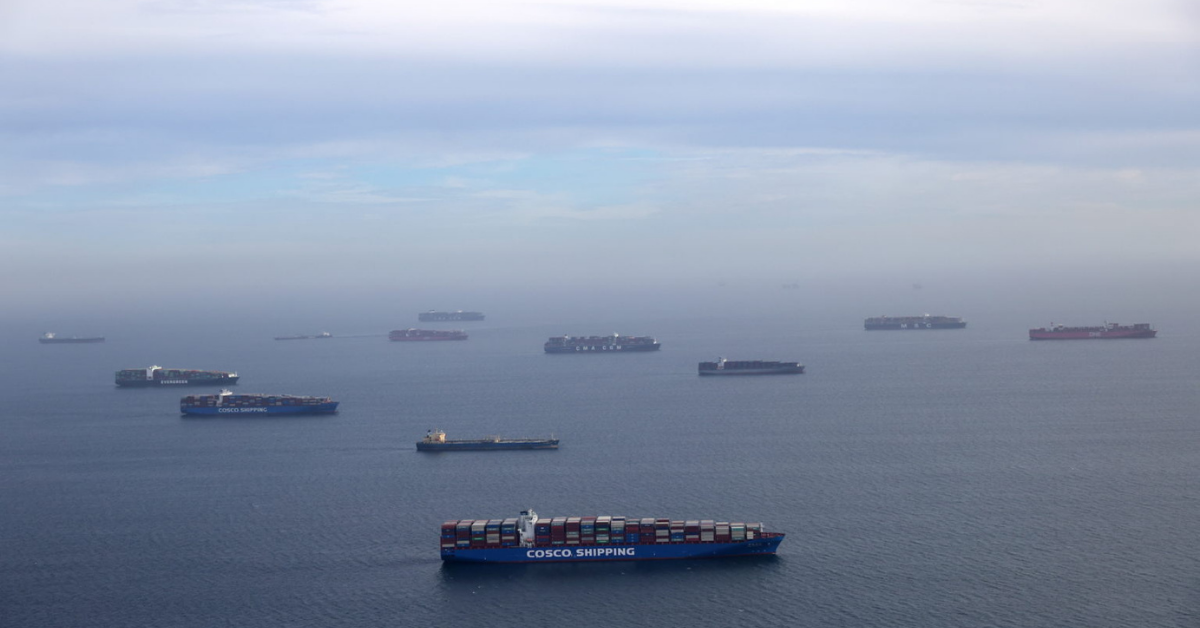In July 2021, the European Commission for the first time had proposed to include shipping emissions in the EU ETS. Recently, the EU Parliament has voted in favour of including shipping in its carbon market, further adding pressure on the industry to accelerate its decarbonization. The EU Emissions Trading System (ETS) that forms the cornerstone of the EU’s policy to combat climate change, puts a price on carbon and lowers the cap on emissions from certain economic sectors.
The European Parliament voted Wednesday to back reforms to the carbon market to, among other things, cover shipping emissions for voyages within the EU and 50% of voyages outside of the bloc until 2027. From 2027 onwards, the market will be expanded to cover 100% of emissions from international shipping to and from the EU. The market will also cover offshore vessels.
“This marks a historic day for European climate policy. Expanding the EU’s flagship cap and trade scheme ensures that more of Europe’s polluters are made to pay,” said Sofie Defour, climate manager at Transport & Environment.
A key element of the Parliament’s position is the enforcement of the ‘polluter-pays’ principle, by ensuring the mandatory pass-through of the ETS costs to the commercial operators of the vessels through contractual clauses, according to the European Community Shipowners’ Association (ECSA), which welcomed the assembly’s increased ambition.
“European shipowners welcome the increased climate ambition of the ‘Fit for 55’ package. We have criticised the lack of consistency and have put forward workable solutions. The Parliament’s vote is a strong signal that the European policy-makers listen to us and take into account the proposals of our sector. We need all hands on deck and the role of the commercial operators is key for reducing emissions,” said Sotiris Raptis, ECSA’s Secretary General.
The EU Parliament has also proposed to create a sector-dedicated Social Climate Fund and earmark 75% of the revenues generated by the shipping allowances to assist in the sector’s energy transition.
“The earmarking of the revenues to shipping is a prerequisite for financing the uptake of cleaner fuels. It’s a make-or-break moment for the decarbonisation of shipping and the competitiveness of the sector,” said Raptis.






